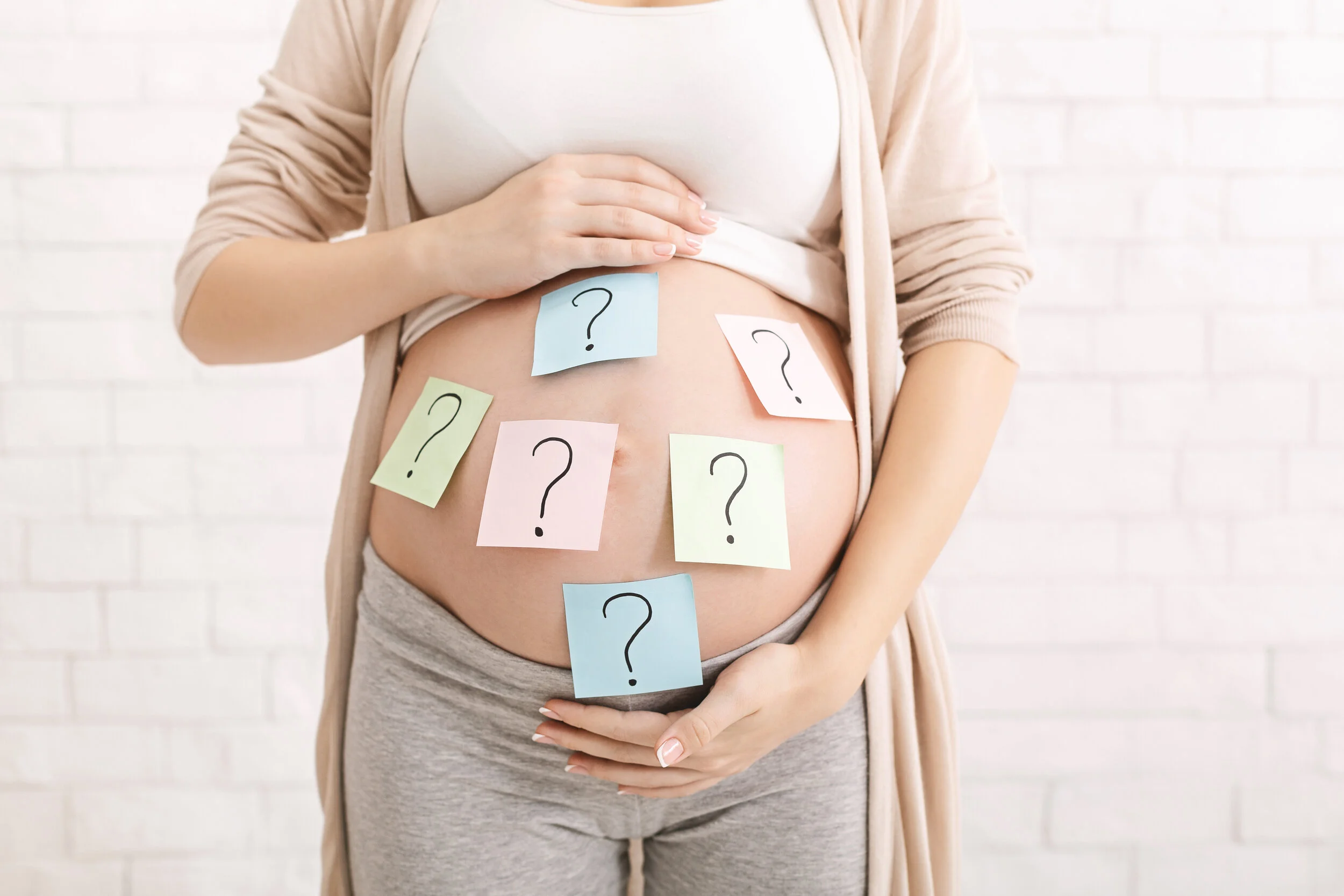Frequently Asked Questions
I’ve put together a few common questions about Doulas
What does a doula do?
Doulas are professionally trained in childbirth to provide emotional, physical, and educational support to a mother who is expecting, experiencing labour, or has recently given birth. They are non-medical companions who support a birthing person by providing continuous care before during and after birth. Normally a doula will meet the birthing person a few months before the birth to get to know the new parents and help them plan for the birth. The doula's goal is to make the birth safe and positive. There is no judgement, just support for her, the birthing partner and their family.
Is a doula the same as a midwife?
No, doulas are not medical professionals and can’t administer medication. Although they are knowledgeable in labour and delivery and will help support the new mom-to-be with comfort measures and relaxing techniques.
Why would I want a doula?
The doula's purpose is to help you to have a safe, memorable, and empowering birthing experience. Support from a doula has been known to reduce the birthing persons’ negative feelings about their birth experience.
Do doulas only believe in home unmedicated births?
No, their primary focus is to support the birthing person in whatever form they want for their birth, be it unmedicated, or using pain relief. At home, in a birthing center or in a hospital. They are non-judgemental and there to support you and your needs.
Will the doula try to take the place of the birthing partner?
No the doula is there to complement the birthing partner by offering support to both the birthing person and their partner. The benefit is that the doula can encourage the father to use comfort techniques that they learned in childbirth class, but may have forgotten. Doulas can step in if the birthing partner wants or needs a break and can help them to enjoy the birth and support their partner emotionally.
Are there any studies to show why a doula is beneficial?
Yes the WHO carried out a study in 17 countries on over 15,800 women to see the benefits of continued care in childbirth, and the results showed that women who received continuous labor support were more likely to give birth vaginally, and had fewer cesarean, forceps or assisted vacuum births. In addition, women were less likely to use pain medications, were more likely to be satisfied with their birth experience and had shorter labors. It was also found that newborn babies were less likely to have low ‘Apgar’ scores – a test for the vital signs of health and well-being in infants. No harms of continuous support were identified. The evidence for all outcomes was low quality, and more research and evidence is needed.
The link to the research is here: Continuous support for women during childbirth
